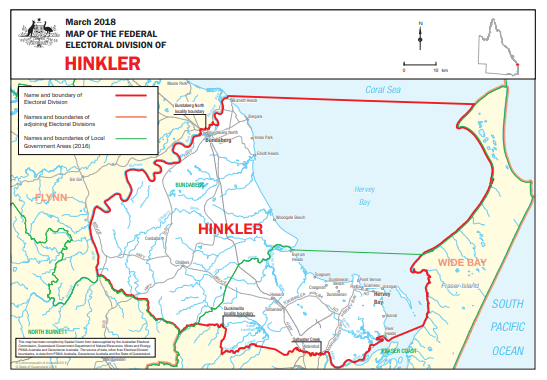|
|
|
|
| Adam Carr's Election Archive
|
Australian federal election, 2022
Division of Hinkler, Queensland
Named for: Bert Hinkler (1892-1933), pioneer aviator
Central Coast Queensland: Bargara, Bundaberg, Childers, Hervey Bay, Howard
State seats: All of
Bundaberg, parts of
Burnett,
Hervey Bay and
Maryborough
Local government areas: Parts of
Bundaberg and
Fraser Coast
Borders with:
Flynn and
Wide Bay
Enrolment at 2019 election: 107,761
Enrolment at 2022 election: 117,306 (+08.9)
1999 republic referendum: No 69.4
2018 same-sex marriage survey: Yes 50.7
Sitting member: Hon Keith Pitt (Nationals):
Elected 2013, 2016, 2019
2007 Nationals majority over Labor: 1.7%
2010 Nationals majority over Labor: 10.4%
2013 Nationals majority over Labor: 9.0%
2016 Nationals majority over Labor: 8.5%
2019 Nationals majority over Labor: 14.5%
Liberal two-party vote 1983-2019
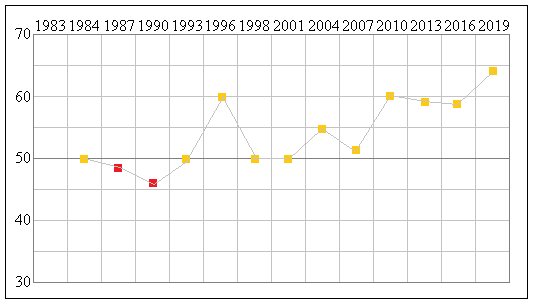
Status: Safe Nationals
Best Nationals booths, two-party vote: Alloway (78.2), Booyal (77.0), Givelda (74.8),
Woodgate (71.9), Burrum Heads (70.4)
Best Labor booths, two-party vote: Walkervale (48.3), Norville (48.1), Bundaberg South (47.2),
Bundaberg West (46.0), Bundaberg North (43.7)
2019 results
Statistics and history
Candidates in ballot-paper order:
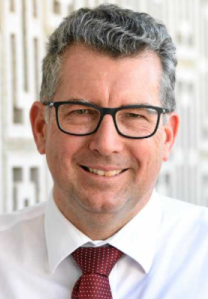 |
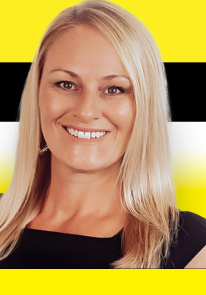 |
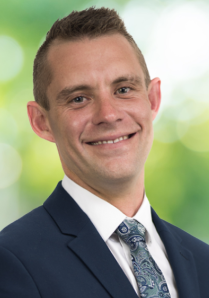 |
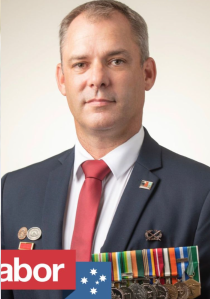 |
1. Hon Keith Pitt
The Nationals |
2. Kristie Nash
United Australia Party |
3. Zak Menhennett
Pauline Hanson's One Nation |
4. Jason Scanes
Australian Labor Party |
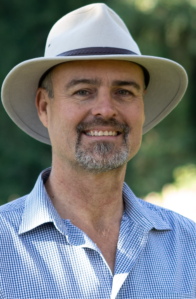 |
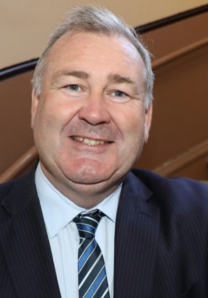 |
5. Andrew McLean
Australian Greens |
6. Jack Dempsey
Independent |
Candidate websites:
Jack Dempsey
Andrew McLean
Zak Menhennett
Kristie Nash
Hon Keith Pitt
Jason Scanes
Division of Hinkler
Hinkler was created in 1984, based on the provincial industrial centres of Bundaberg and Gladstone. Once
Hinkler would have been a safe Labor seat, but the decline in Labor's regional base vote meant that even in
1984 it was no better than marginal for Labor. Hinkler has among the lowest level of median household income
of any seat in Australia, as a result of its mix of retirees, service workers and farmers, and has the
country's third-highest proportion of people over 65. It also has the low proportions of people born in non
English speaking countries and of people in professional and managerial occupations typical of regional seats,
especially in Queensland.
Hinkler was won by a National,
Bryan Conquest, in 1984, but the "Joh for Canberra" debacle led to his
defeat by Labor's
Brian Courtice in 1987. Courtice was defeated in 1993 by
Paul Neville, who held the seat
for 20 years without attracting much notice. One Nation caused Neville a lot of problems and he was very
nearly defeated in both 1998 and 2001. The 2006 redistribution did the Nationals a big favour by removing
Gladstone from the seat and replacing it with the fast-growing Hervey Bay tourism and retirement centre,
previously in
Wide Bay. The Hervey Bay booths are usually solidly National. This made the seat a good deal
more secure for the Nationals. Following the large swing to the Coalition in regional Queensland in 2019, this
seat now looks safe for the incumbent.
Keith Pitt, Nationals MP for Hinkler since 2013, was a cane farmer and electrical engineer before his
election. Pitt was an assistant minister from February 2016 to December 2017, when he was abruptly sacked by
Barnaby Joyce. Following Joyce's demise, Pitt was rehabilitated by
Michael McCormack and became
Assistant Minister to the Deputy Prime Minister, but was again dropped in August 2018. In June 2021, when
Joyce regained the Nationals' leaership, Pitt returned to the ministry as Minister for Resources and Water. The Labor
candidate is Jason Scanes, a former Army officer and campaigner on veterans' issues. The Greens candidate is
Andrew McLean, whose occupation is not stated.
Demographics:
Median weekly household income: $946 (Australia $1,438)
People over 65: 25.4% (Australia 15.8%)
Indigenous: 4.1% (Australia 2.8%)
Australian born: 78.1% (Australia 66.7%)
Ancestry: German 6.1%
Non-English-speaking households: 6.0% (Australia 22.2%)
Catholics 18.6% (Australia 22.6%)
No religion 27.0% (Australia 29.6%)
University graduates: 10.2% (Australia 22.0%)
Professional and managerial employment: 26.8% (Australia 35.2%)
Employed in manufacturing and construction: 22.6% (Australia 22.9%)
Employed in agriculture: 7.2% (Australia 3.3%)
Paying a mortgage: 26.4% (Australia 34.5%)
Renting: 30.6% (Australia 30.9%)
Traditional families: 22.6% (Australia 32.8%)
Back to main page
|
|

